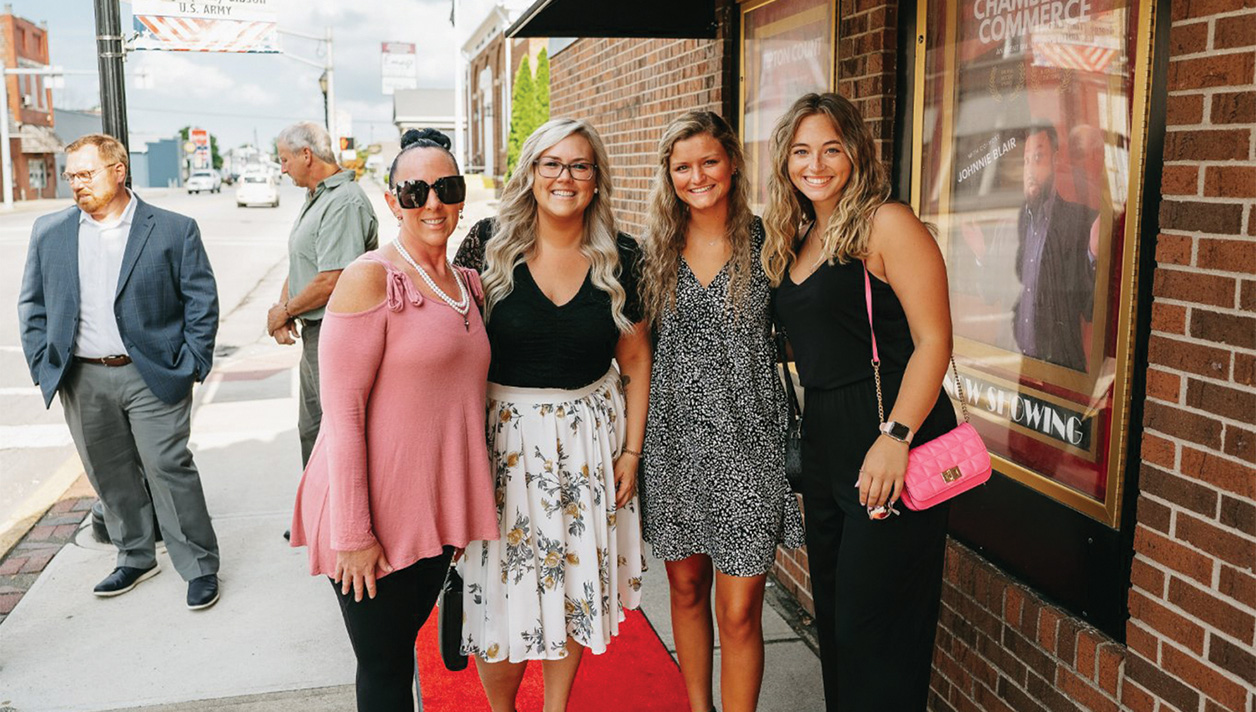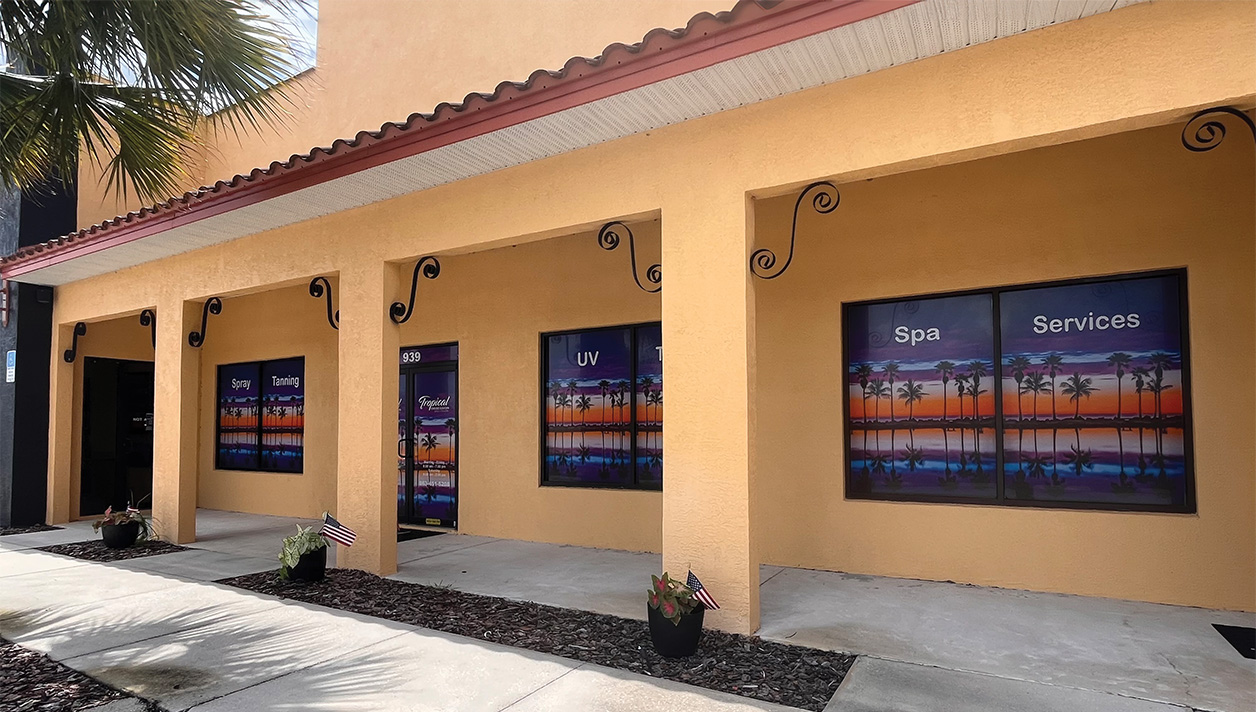Having spent 27 years in the tan biz, I can say that most salons don’t know the regulations for tanning in their state. I’m going to cover state eyewear regulations; but if you don’t have a copy of your state tanning laws and are following them, email Brenda@WinkEase.com and I’ll send you the latest version.
[gap height=”15″]
Did you know that in Kentucky, salon operators can NOT offer tanners shared goggles – those used by multiple people and sanitized by staff after each use. Kentucky tanners are required to have their own eyewear, or the salon must provide disposable eye protection (it is not required to be provided for free.)
[gap height=”15″]
Salons in New Hampshire are also prohibited from offering shared goggles. Goggles cannot be altered in any manner that changes it from the manufacturer’s intended use, such as removing elastic straps that are included in the product packaging. The salon must sell tanners eyewear or provide disposable eye protection.
[gap height=”15″]
Iowa is my favorite: eyewear cannot be reused, it can’t be altered, and your staff must ask to see a tanner’s eyewear before they enter a tanning room. In addition, the salon must provide disposable eyewear in the tanning rooms at all times with a sign posted stating that it’s available and must be worn (whew!) I consider Iowa’s law to be excellent! It ensures that the tanner shows that they have eyewear, but still has access to clean eyewear in the tanning room.
[gap height=”15″]
Some states go the opposite route. As of 2014, Pennsylvania requires goggles to be provided free of charge and sanitized before each use. Tanners may also use their own FDA-compliant eyewear. New York requires the salon to provide eyewear at no charge if the tanner does not have their own. Eyewear must be sanitized between uses, unless disposable eye protection is provided. Texas recently deregulated salons – this means they don’t have to be licensed, but the law still applies. I doubled-checked with their radiation offices, and a salon still must provide sanitized eye protection for free and it must be provided in the tanning rooms.
[gap height=”15″]
Two states recently changed their tanning regulations. New Jersey no longer requires eye protection to be provided for free, according to Tim Smith at the Department of Health. The new regulation reads that the operator must ensure the consumer has protective eyewear and make a reasonable effort to ensure that consumers use protective eyewear when tanning. This means that New Jersey salons can sell or provide shared goggles. Ohio also removed the “eyewear provided for free” clause in their latest regulation update. The new regulation reads, “Eyewear owned by an individual may be cleaned and disinfected before each use either by the individual prior to arriving to the facility or by the facility before the individual’s session. To meet the requirement that eyewear shall be disinfected prior to use, a facility may offer disposable eyewear for one-time use.”
[gap height=”15″]
Massachusetts is one of the newest states to change their regulations, going the way that most states do: eye protection is mandatory. Salons must provide it, but it doesn’t have to be for free; they can choose to disinfect goggles, or they can require the tanner to buy their own eye protection. The salons can choose to sell disposables or give them for free with each session.
[gap height=”15″]
If your state is not mentioned above, then you are one of the lucky operators who gets to choose whether you sell goggles and disposables in your salon, or provide shared goggles and disposables.
[gap height=”15″]
Disagree with any of this info? Email Brenda@WinkEase.com and I’ll research it and report back here.
[gap height=”15″][gap height=”15″]




























